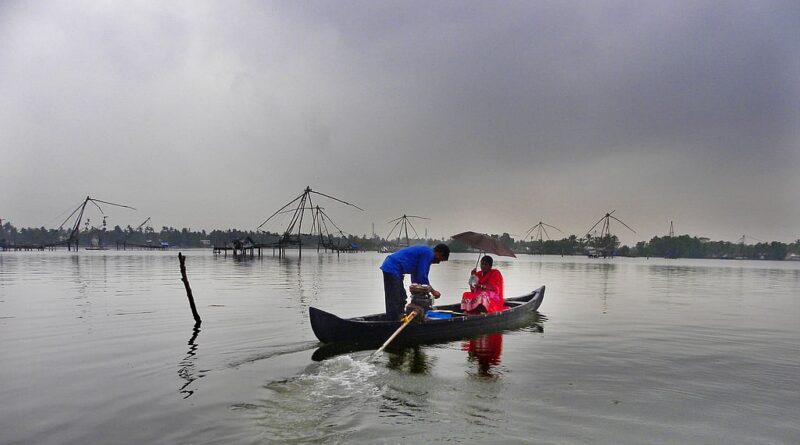Climate change: What will happen to legal status of ‘sinking’ nations when their land is gone?
NORWICH: Small island nations such as Tuvalu, Kiribati, the Maldives and Marshall Islands are particularly vulnerable to climate change.
Rising seas, stronger storms, freshwater shortages and damaged infrastructure all threaten their ability to support life.
Some islands even face the grim possibility of being abandoned or sinking beneath the ocean.Should the worst happen, their populations will lose their homes and sources of income.
They will also lose their way of life, identity, culture, heritage and communities.
At the same time, the loss of statehood could strip these nations of control over valuable natural resources and even cost them their place in international organisations such as the UN.Facing the threat of physical disappearance, Tuvalu has also begun digitising itself. This has involved moving its government services online, as well as recreating its land and archiving its culture virtually.These include raising island heights artificially to withstand the disappearance of territory. Other initiatives, such as the Rising Nations Initiative, are seeking to safeguard the sovereignty of Pacific island nations in the face of climate threats.With climate change threatening to render the land of small island nations unlivable or rising seas covering them entirely, both population and territory will be lost.
Effective and independent government will also become inoperative.
On the face of it, all the elements required for statehood would cease to exist.
But international law does recognise that once a state is established, it continues to exist even if some of the elements of statehood are compromised.
But how will the future statehood of small island nations be determined legally? International law’s position Traditionally, international law requires four elements for a state to exist.
The aim is for Tuvalu to continue existing as a state even when climate change has forced its population into exile and rising seas have done away with its land.
Understandably, they are working hard to make sure this outcome is avoided.
Tuvalu, for example, has signed a treaty with Australia to ensure it will be recognised as a
This raises an unprecedented legal question: can these small island nations still be considered states if their land disappears

